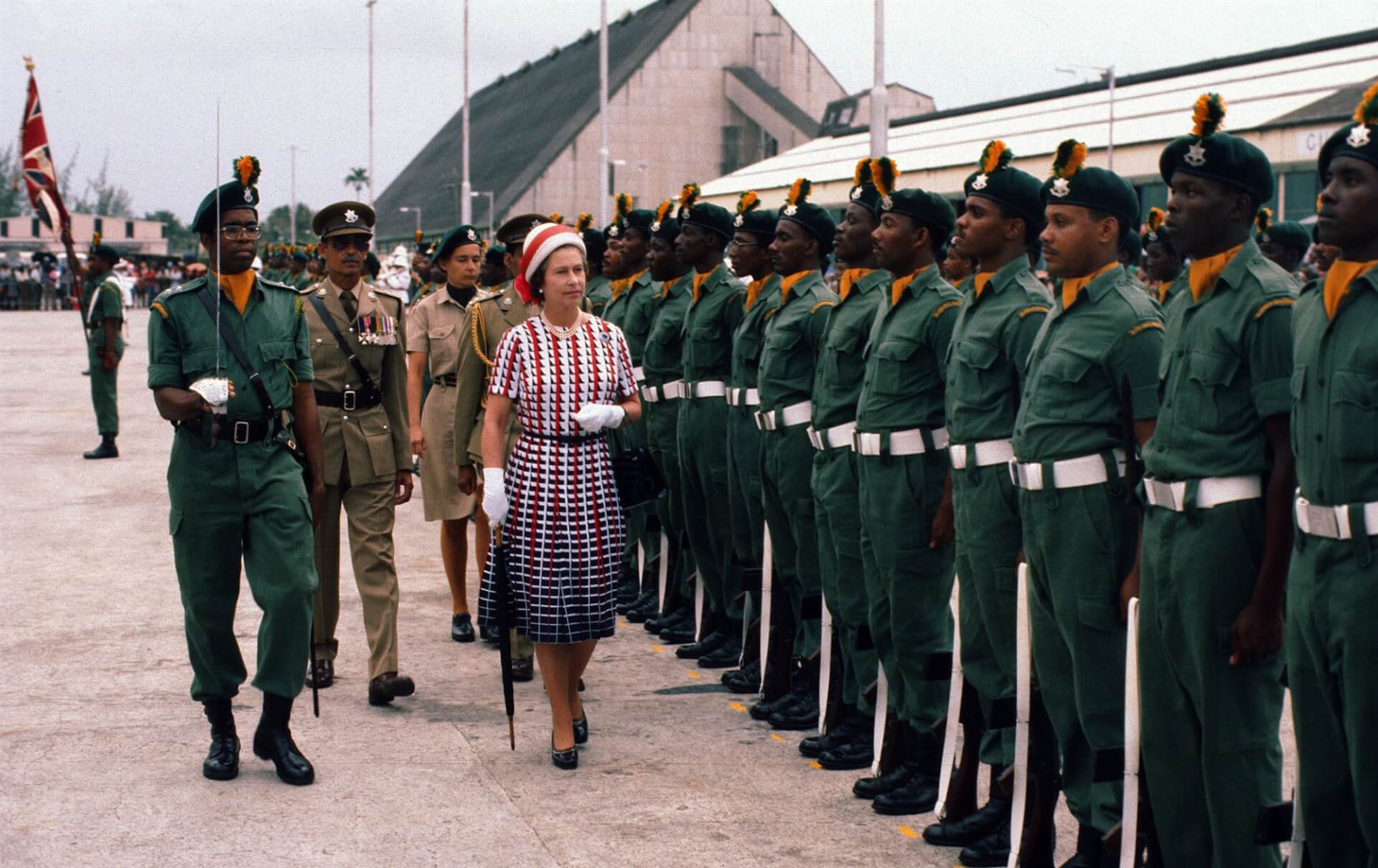Barbados made its first steps towards fully decoupling from its colonial past after its government indicated its plans to remove Great Britain’s Queen Elizabeth as the country’s head of state. Although it gained independence from the British in 1966, the governor-general of Barbados continues to be appointed by the queen on the advice of the prime minister (PM).
At the same time, the governor-general acts as the Crown’s representative at state events. While the Queen’s position is largely ceremonial and she has never exercised her power to reject any of the PM’s appointments, an aura of Barbados’ painful colonial past continues to loom over the country.
In fact, the governor-general herself, Sandra Mason, said in her Throne Speech: “The time has come to fully leave our colonial past behind.” Relaying a message from Prime Minister Mia Mottley, Mason went on to say, “Barbadians want a Barbadian head of state. This is the ultimate statement of confidence in who we are and what we are capable of achieving. Hence, Barbados will take the next logical step toward full sovereignty and become a Republic by the time we celebrate our 55th Anniversary of Independence.”
Buckingham Palace, for its part, has neither welcomed nor criticized the decision, saying that it was something for the people of Barbados to decide. BBC’s royal correspondent Jonny Dymond said this development “was not out of the blue” and “has been mooted and publicly talked about many times”. This stance was reiterated by the Foreign Office, which said, “Barbados and the UK are united in our shared history, culture, language and much more. We have an enduring partnership and will continue to work with them along with all our valued Caribbean partners.”
The island came under British colonial rule in 1625, when it was first “claimed” by Captain Henry Powell”, and soon became one of the sites of the Transatlantic slave trade, wherein African slaves were brought to work on sugar plantations.
It has now declared its intention to become a republic by November 30, 2011, a process that has been in the works since the 1970s. In fact, the island’s first prime minister, Errol Walton Barrow, famously warned against “loitering on colonial promises”.
In fact, incumbent leader Mia Mottley’s predecessor, Freundel Stuart, also campaigned for a “move from a monarchical system to a republican form of government in the very near future”. PM Mottley won the 2018 election by a landslide, with 70% of the votes, giving her total control of the 30 seats in the house of assembly. Therefore, she is able to remove the Queen as the head of state without a referendum.
Some have described this as the “globalization of the Black Lives Matter movement”, with the governor-general even saying, “Barbados has developed governance structures and institutions that mark us as what has been described as, ‘the best governed Black society in the world’.”
With the Queen’s removal as the head of state, Mason said that the country can remove one of the last symbols of imperialism and reaffirm its “capacity for self-governance”.
Mauritius was the last country to remove Queen Elizabeth as its head of state, doing so in 1992. In the Caribbean, Guyana did so in 1970, Trinidad and Tobago in 1976, and Dominica in 1978. She remains the head of state in the Caribbean islands of Antigua and Barbuda, the Bahamas, Barbados, Belize, Grenada Jamaica, St Lucia, St Kitts and Nevis, and St Vincent and the Grenadines.
Barbados Announces Plan to Remove Queen Elizabeth as Head of State
The island came under British colonial rule in 1625 and gained independence in 1966, and this decoupling process has been in the works since the 1970s.
September 17, 2020

IMAGE SOURCE: ANWAR HUSSEIN / GETTY IMAGESQueen Elizabeth ll inspects a guard of honor in Barbados in October 1977.
